Major Kaduna Nzeogwu, was the army officer for killed the then Premier of the Northern Region, Sir Ahmadu Bello and his wife Hafsatu. This, coupled with the murder of other figures in Nigeria’s First Republic Including Sir Abubakar Tafawa Balewa and Federal Minister of Finance, Festus Okotie-Eboh ushered in Military rule in Nigeria that was to last for 13 more years.
So how did this tragic event happen?
First, a little brief about the man responsible.
Background of Nzeogwu
Patrick Chuwuma Kaduna Nzeogwu was born on 26 February 1937, in Kaduna state to Igbo parents from Okpanam town near Asaba, Delta State. Nzeogwu played the leading role in January 15, 1966, military coup, which led to the introduction of military rule in Nigeria.
In March 1957, Nzeogwu was enlisted as an officer cadet in the Nigeria regiment of the West African frontier force. After his military training Nzeogwu returned to Nigeria in May 1960 and was posted to the 1st battalion in Enugu, he was later posted to Kaduna he considers home. Nzeogwu was given the nickname “Kaduna” by his colleagues because of his affinity with the town.
Nzeogwu was posted to the Nigerian Military Training Colleg in Kaduna where he became chief instructor which was an advantage to carrying out his plans.
The Night of January 15th 1966
Nzeogwu organized a two-day night exercise called “Damisa” (operation tiger) to train soldiers in new fighting techniques. The exercise was approved by authorities, unaware of the true intentions. When the Major’s superiors, realized “Operation Damisa” was a military conspiracy it was too late to counter the operation.
On 15 January 1966, Nzeogwu led a group of soldiers to the official residence of Sir Ahmadu Bello in a coup that led to the murder of the prime minister Sir Ahmadu Bello, a federal minister Festus Okotie-Eboh, and top army officers from the Northern and Western regions.
According to intelligence dispatches on the death of Ahmadu Bello, he was not in the main house but upstairs in the rear annex with his senior wife Habsatu; his second wife Goggon Kano, third wife Jabbo Birnin Kebbi and Sallama, a house retainer when Nzeogwu and his soldiers started breaking down doors asking for Sardauna.
”The Sardauna and his wives listened and rattled prayer beads in fear for an hour as Nzeogwu and his motivated mutineers booted down doors, pumped bullets into guards mounting resistance and shouted to others, “Ina Sardauna? Take us to the Sardauna.” It was dark, Sardauna and his wives went downstairs and into the courtyard connecting the annex and the main house.
On finding them, the soldiers were about to kill the Sardauna, two of the wives stood up, leaving the first wife who said she will rather die with him.
Nzeogwu shot the Sardauna and his senior wife who was trying to protect him. They died while in an embrace.
He then blew a whistle which was the agreed signal for all soldiers to converge at the rallying point at the front gate for the final onslaught on their symbol of national decay.
The whole place was deserted. All the ministers had left. It was decided that the best thing was to get his body moved to the house of the Sultan of Sokoto in Ungwan Sarki. It was to prepare for burial and that was where he was buried.
The aftermath of The Coup
On 18 January 1966 Nzeogwu was arrested contrary to agreements earlier reached. He was held in Kirikiri maximum security prison Lagos before being transferred to Aba prison where he was released in March 1967 by Chukuemeka Ojukuwu.
He then joined the Biaffrian side and fought until he was killed in action in the last week of July 1967. His corpse was subsequently brought back to Kaduna, where he was buried in the Military cemetery.
Nzegowu’s sister however insisted that he killed himself to avoid being humiliated by the federal troops. However he died, Major Kaduna Nzeogwu will forever remain in the history books of Nigeria as he is considered controversial and divisive by most.
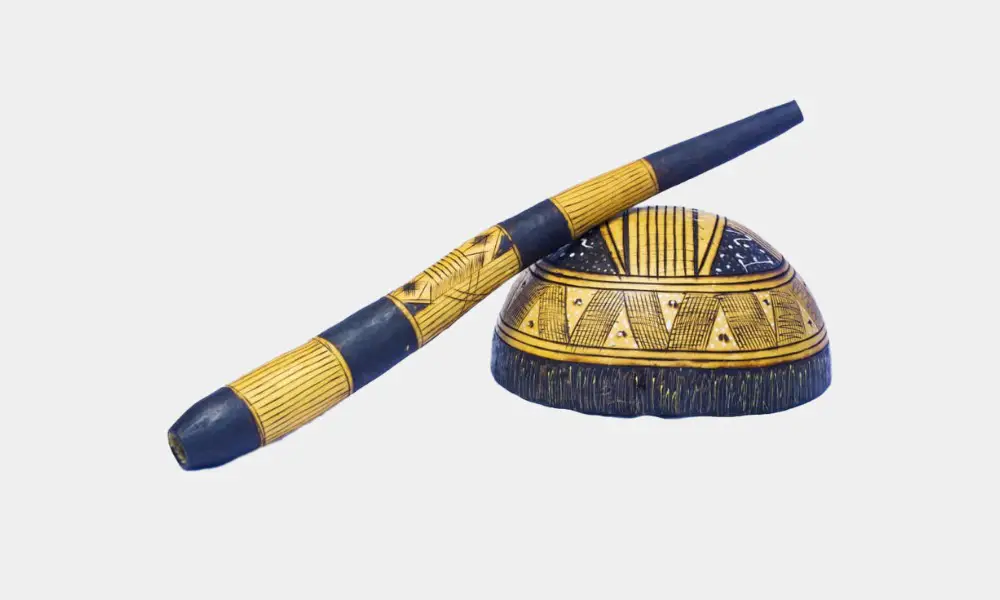

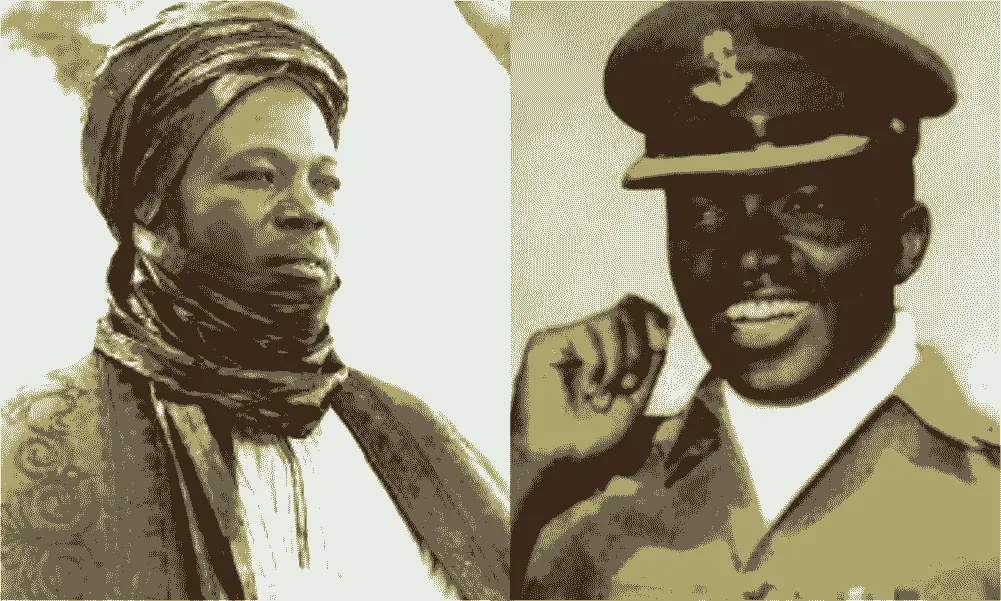
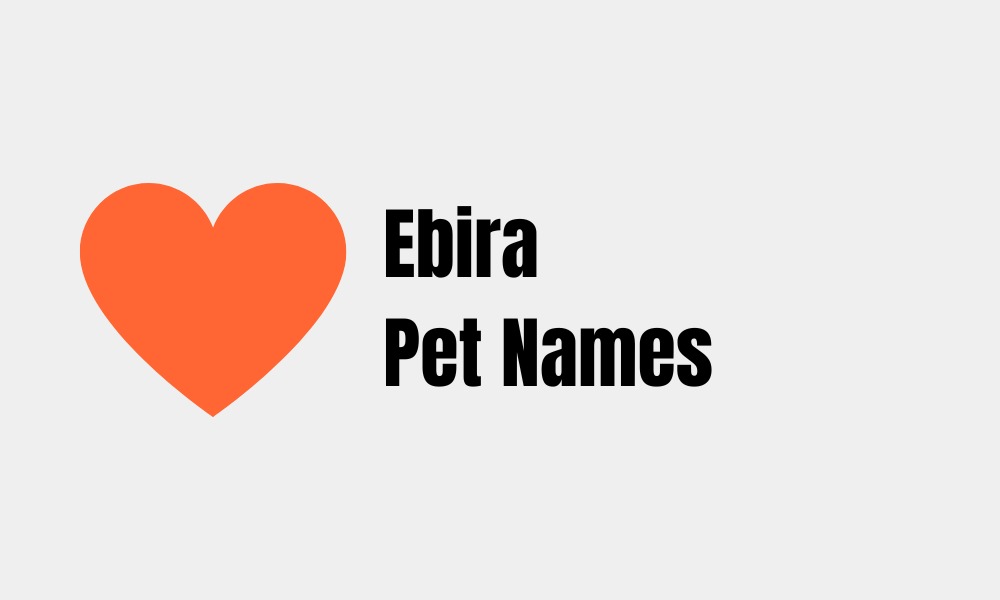
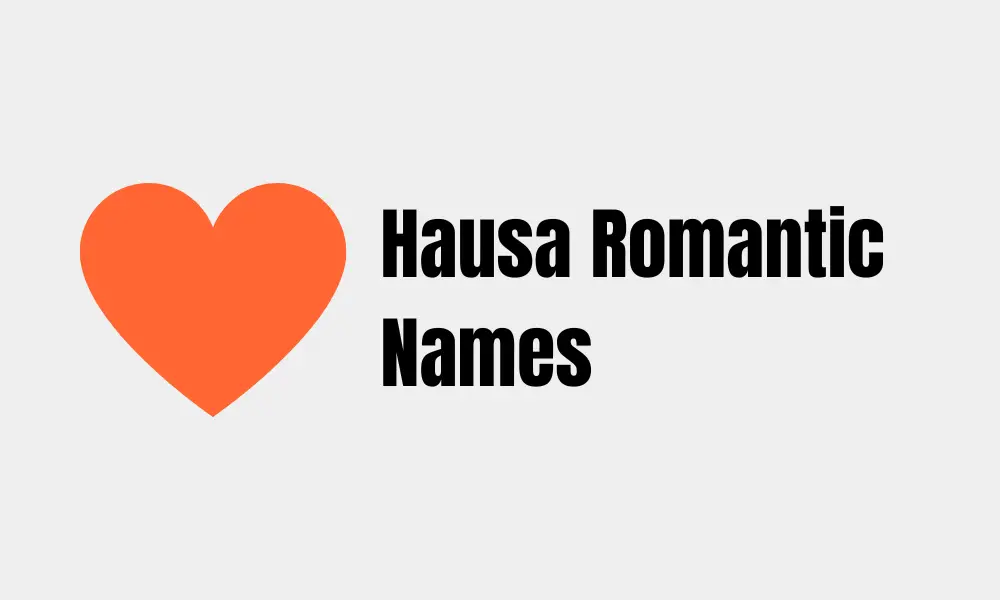
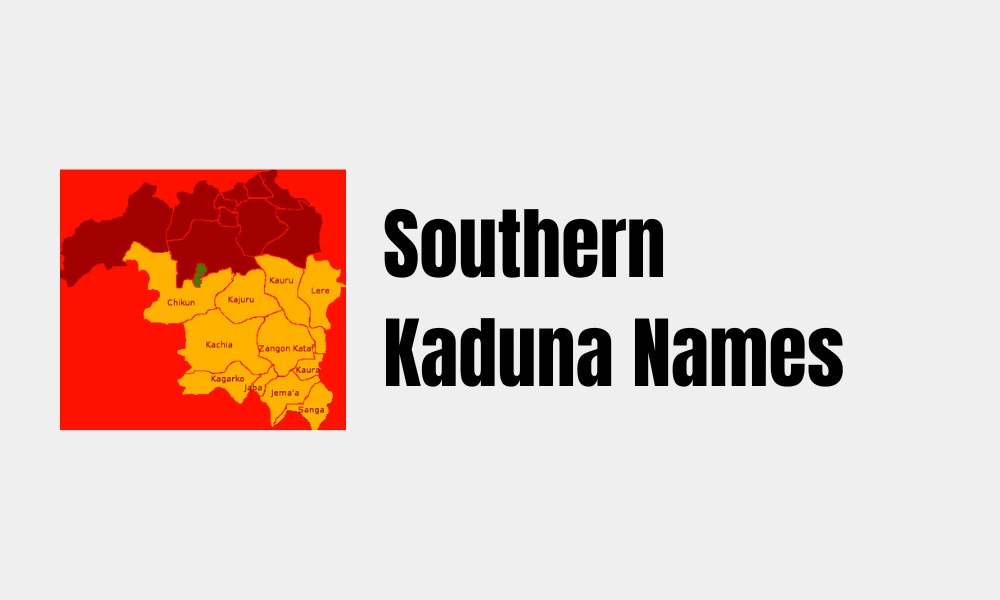




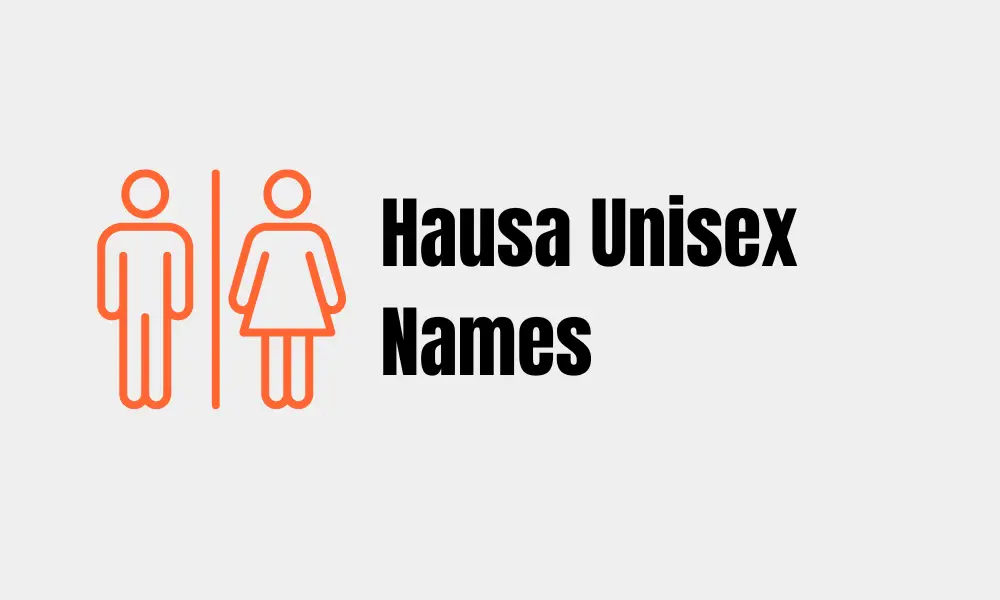
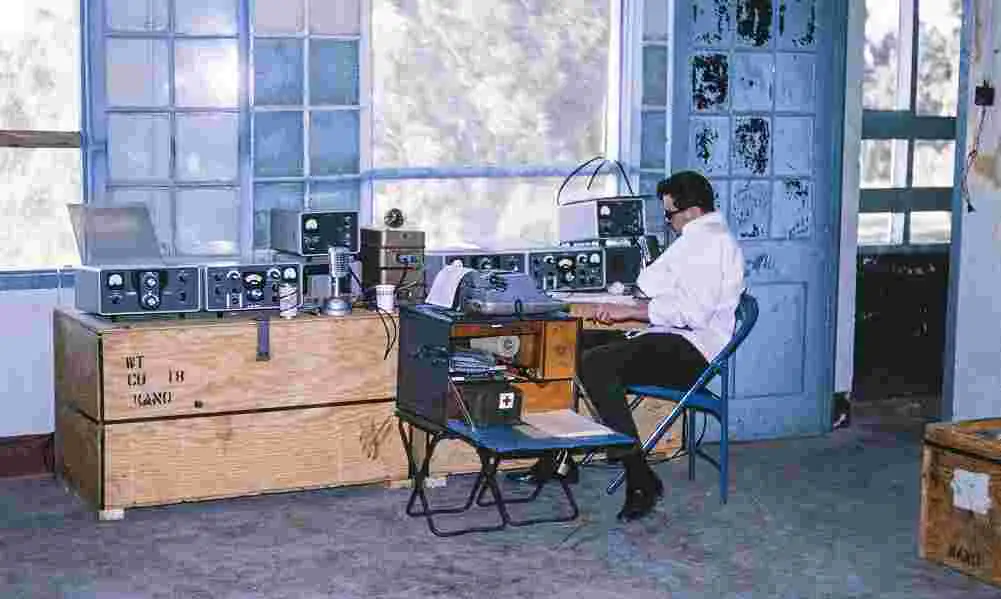
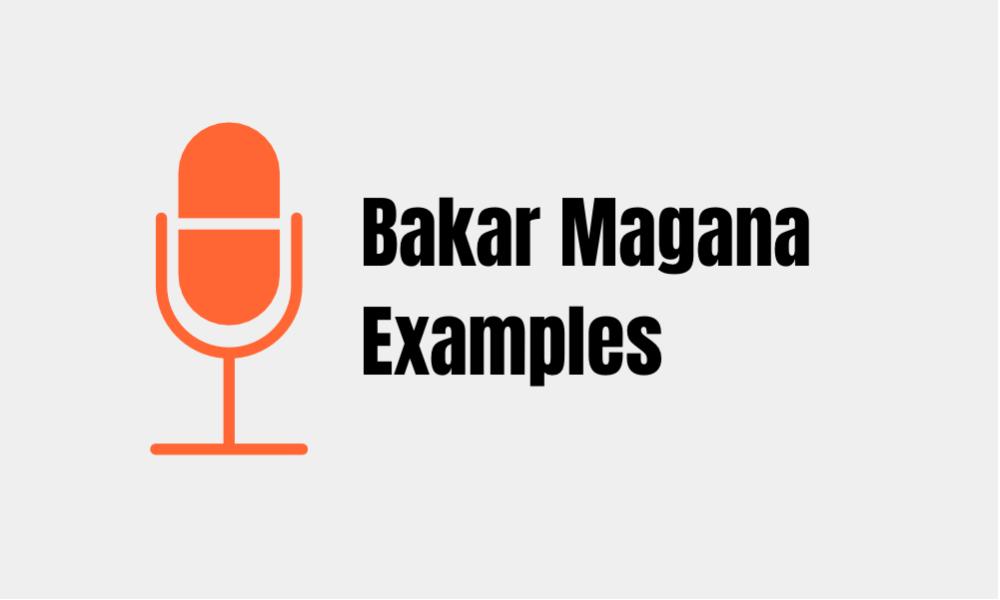
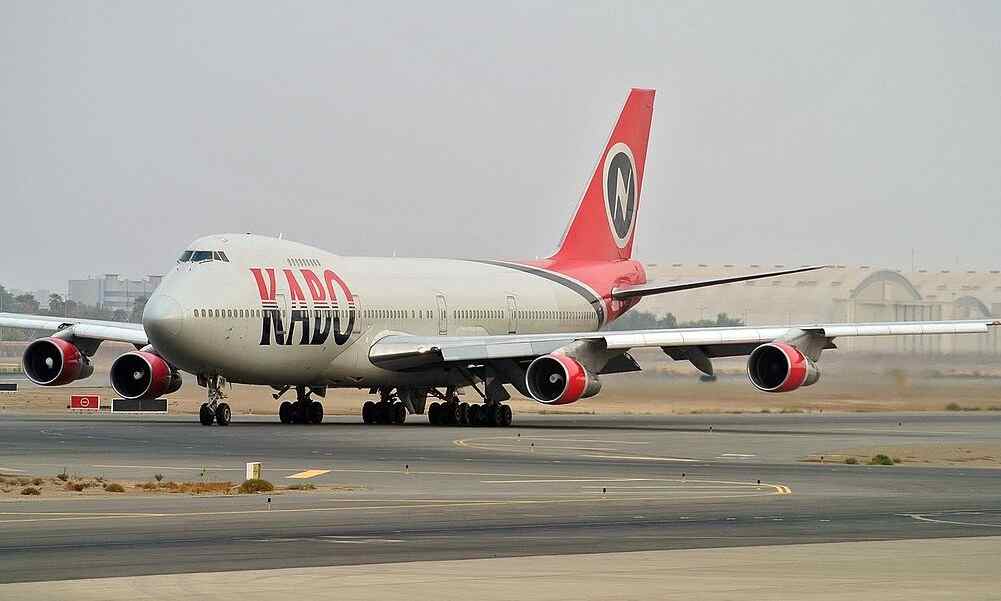
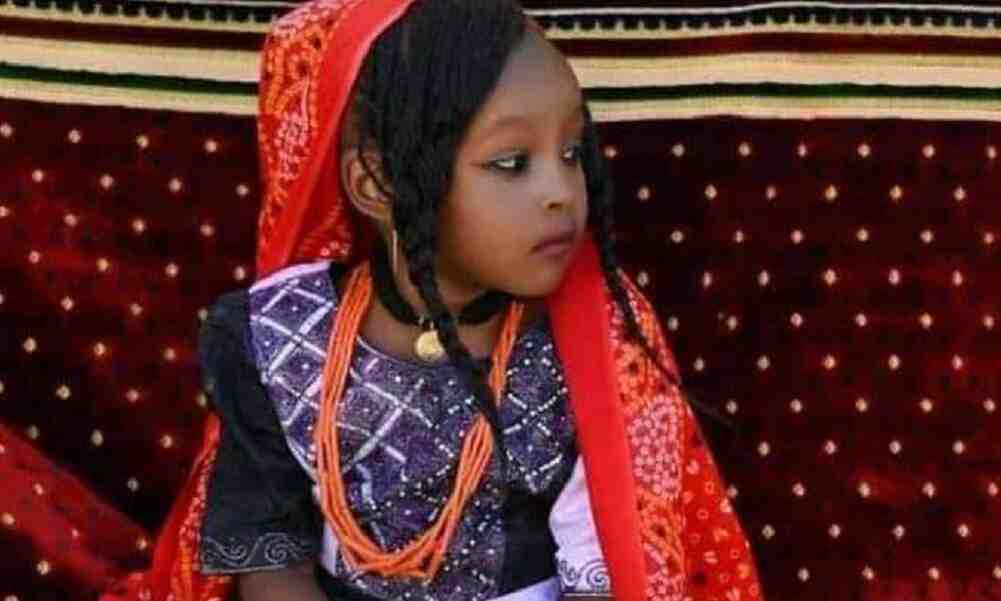
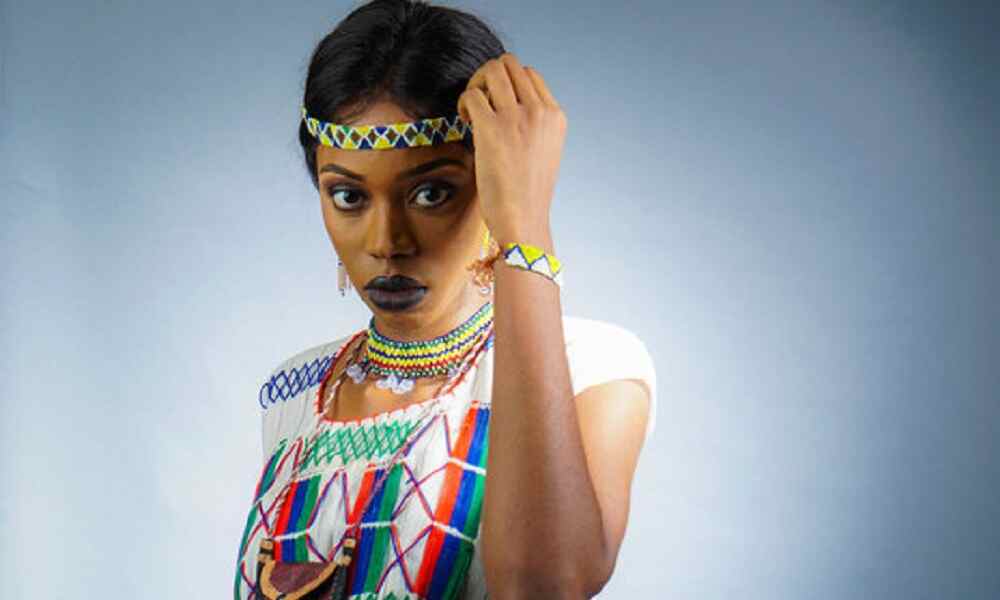
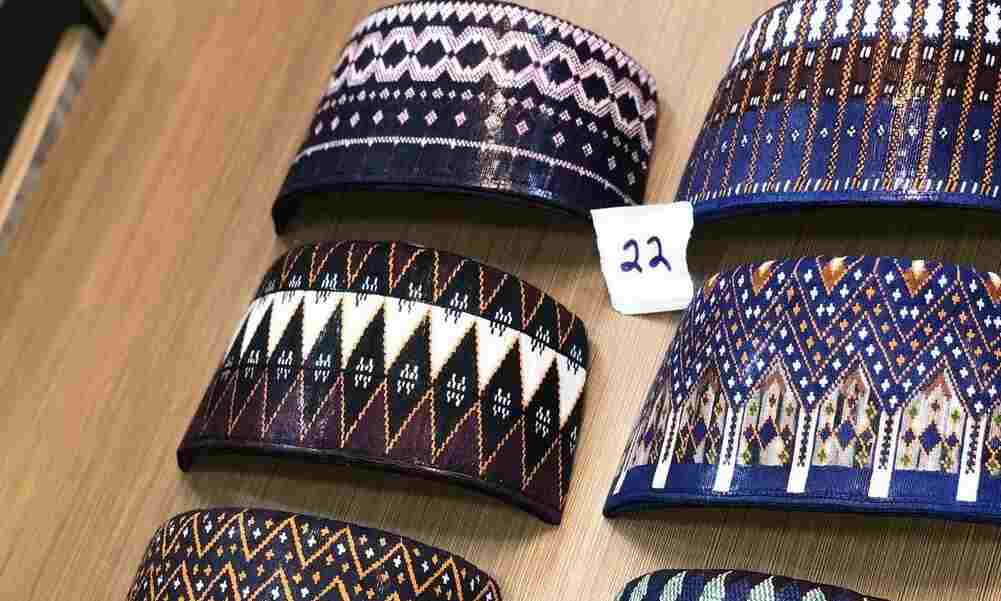
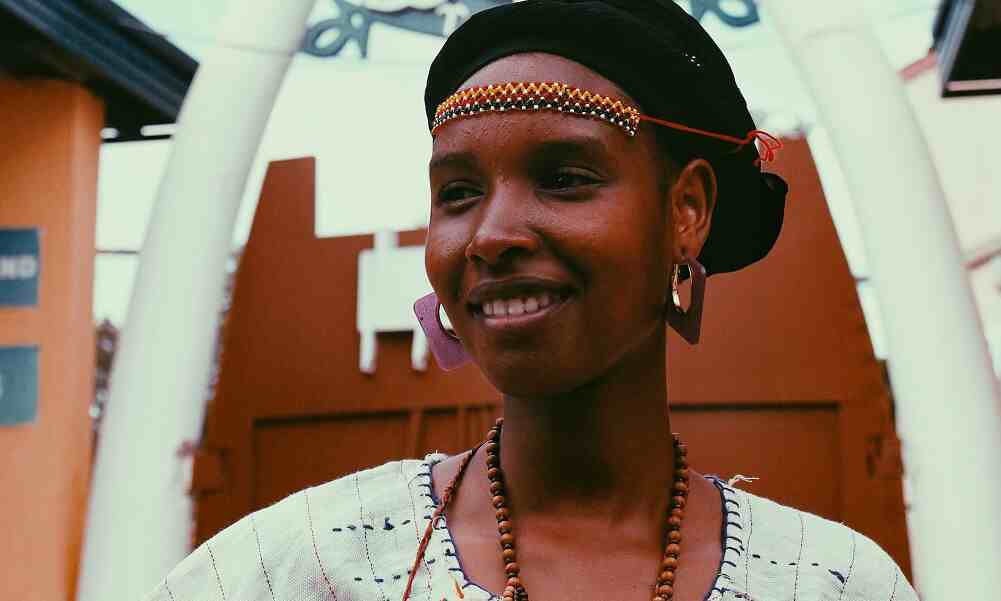
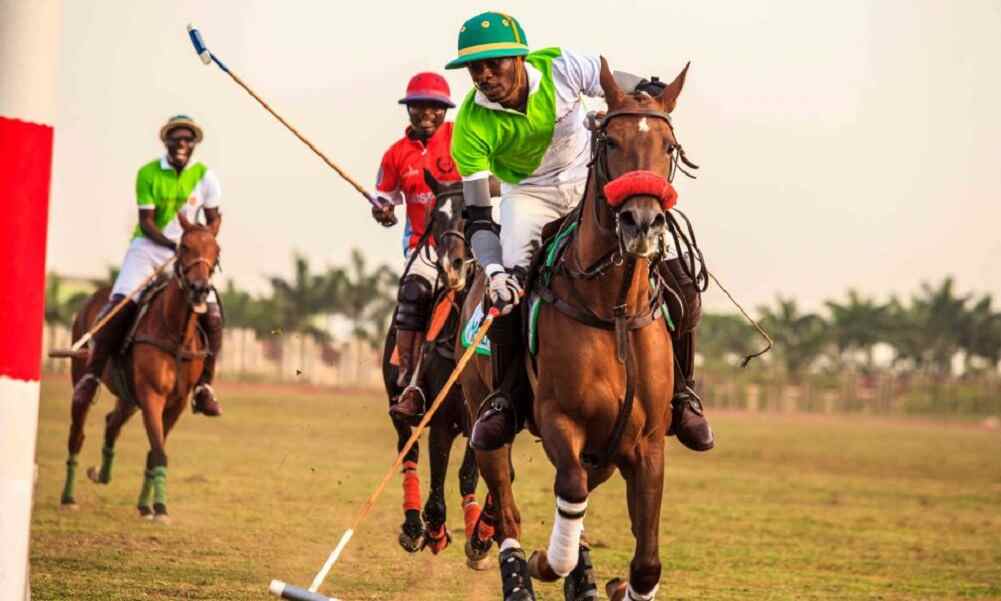
This article is a good read. I think I have never really known how Sardauna was murdered. Thanks for this beautiful piece.
Now i understand how Nzeogue murdered sardauna, I realized that the main motive behind the assassination is not but tribalism.
Nzeogue is indeed a controvertial and divisive person. How can him overthrown a patriotic person that happened to be one of the best people we ever had in Nigeria